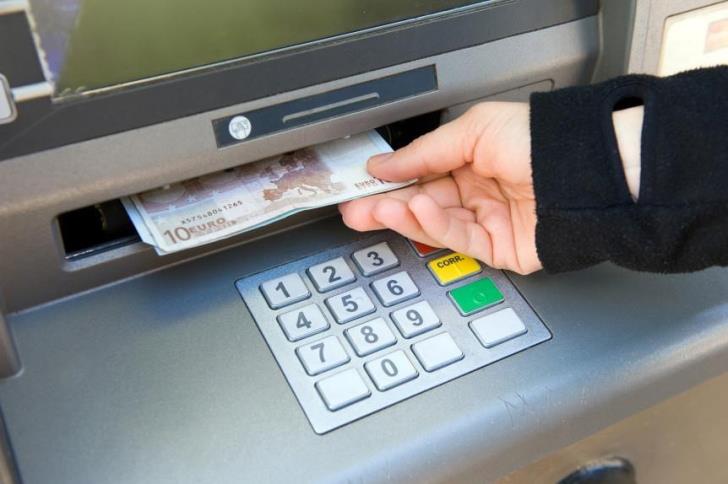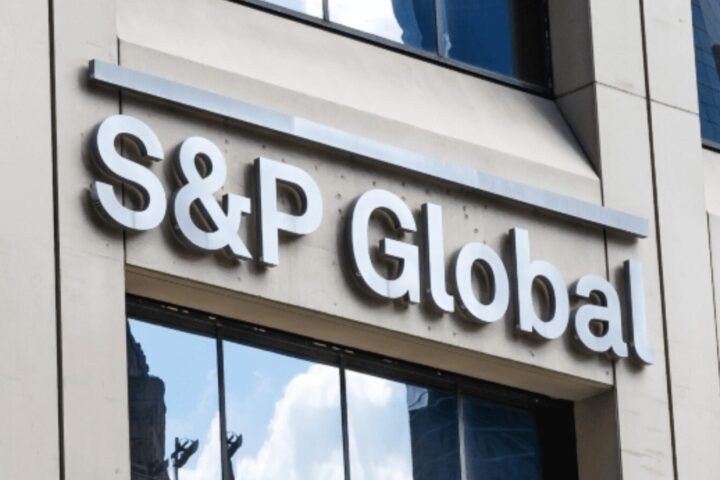Cypriot banks have made more profit from the increase in interest rates than their counterparts in the European Union, said Moody’s Senior Analyst Christos Theofilou.
He told news site Stockwatch that Cypriot banks could have a more considerate approach towards the economy and households, as they have one of the highest rates for loans and among the lowest for deposits.
“We have seen higher interest rates affecting banks and borrowers across Europe and many other countries worldwide,” said Theofilou.
Higher interest rates are credit-positive for bank profitability, as higher lending margins outweigh possible lower lending volumes and broader deposit repricing, which means that banks everywhere have increased profits due to interest rate hikes.
“However, Cypriot banks have seen a greater expansion in their profit margins compared to other European banks, as deposit rates have remained low and increased less than their European counterparts,” said the Senior Analyst.
According to Theofilou, higher inflation and interest rates reduce a household’s capability to borrow money while also affecting their ability to repay loans that they have taken out.
“This will lead to the creation of new NPLs, although the impact will be tempered by the tightening of lending criteria in recent years and the banks’ track record in dealing with restructurings.
“Accordingly, we do not expect any significant increase in total NPLs in the system as banks continue to reduce legacy NPLs”.
Regarding the recent decision of the Parliament to reject the proposed bill on the suspension of foreclosures, Theofilou said, “Any change to the foreclosure process that deems the overall framework less efficient and more time-consuming is negative for the domestic banking system”.
He said the bill’s rejection of the bill by the Parliament is credit-positive for the banks.
“However, continued political interference in the divestment process and frequent suspensions of divestments is something we continue to see as a credit negative for banks”.
Asked about dealing with non-performing loans in Cyprus, Theofilou notes that while the two largest Cypriot banks, Bank of Cyprus and Hellenic Bank, have succeeded in reducing their non-performing exposure to below 4%, total NPEs in the system remain high at around 9%.
“Unlike the big banks, smaller banks have not been able to sell off their non-performing loans, given that the smaller volume of NPEs makes potential sales unattractive financially.
“High NPEs in the system present a residual risk to overall credit conditions and a potential reputational risk to the banking system”.
According to Theofilou, the majority of NPEs in the system are now related to households, mainly mortgages, which are smaller in size compared to corporate NPEs.
“These types of NPEs are more difficult to address and will take longer to reduce.
“This will depend on the overall effectiveness of the foreclosure framework, the judicial system and the auction process in Cyprus, the increased levels of strategic defaulters.”
ECB
On July 27, the European Central Bank (ECB) raised the three key interest rates by 25 basis points.
This was the ninth time the ECB increased interest rates since July 27, 2022, to ensure that hiking inflation promptly returns to its 2% medium-term target.
The hike in lending rates has created a fragile economic environment.
Political pressure to push up deposit rates comes as Cyprus banks paid the lowest return among EU member states.
The average deposit rate for households with a one-year term in January was 0.24%, in February 0.59%, in March 0.47%, in April 0.41%, in May 0.79% and in June 1.21%.
For mortgages, the interest rate in January increased to 3.11%, in February to 3.42%, in March to 4.67%, in April to 4.45%, in May it decreased to 4.21% and in June to 4.19%.
The mortgage portfolio for houses up to €350,000 is worth close to €2 bln.
In June, the average EU interest rate on deposits with an agreed maturity of up to one year increased by 24 basis points to 2.73%, mainly driven by the interest rate effect.










